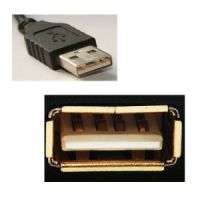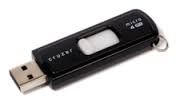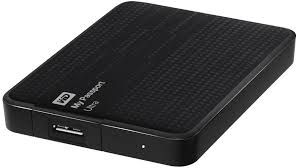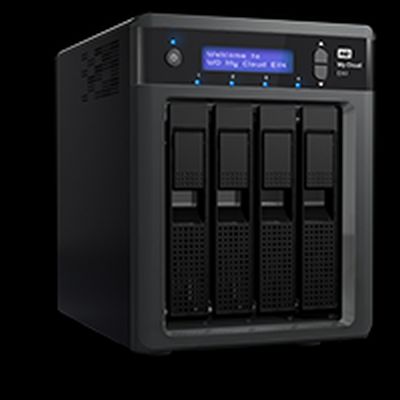Opinions, suggestions, recommendations or ideas found on our site are applied at your own risk. More.
External drives (101)
- ALL DRIVES FAIL SOONER OR LATER - including backup devices/drives (regardless of type).
- Because of the above statement, it's highly recommend you never work directly with these devices, rather use them for a SECOND copy (backup) of your data.
|
External simply means not inside the computer, instead
the drives are typically* USB connected
(See also USB care)
While the term "external drive" normally refers to large (USB) hard drives, flash/thumb drives are also technically external drives as well but have a much smaller capacity:
|
 |
 Flash/thumb drive |
 External HDD |
Flash drives are typically used to move files between computers but also to directly store data. External hard drives are typically used for backing up data.
* Network attached storage (NAS) drives are external drives but rather than connected via USB, they are a separate network device. These can have capacities of 5, 8 or more Terabytes. Typically these have redundant drives (RAID systems) that save your data on multiple hard drives. In the (eventual) failure of one drive, your data still exists on another. But don't ignore any drive failure warnings on the device...
More articles/information on NAS devices: Having MS-Office to trust it, performance issues, deleting files,
